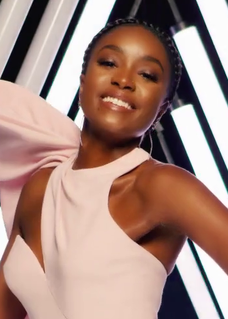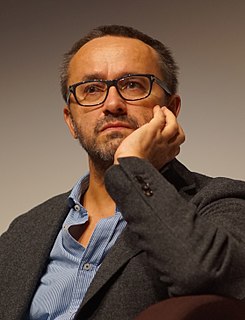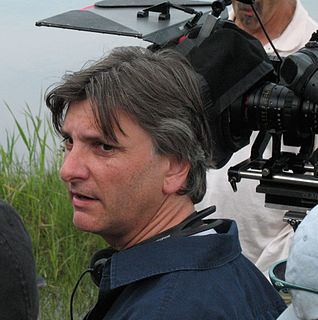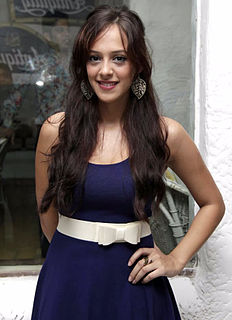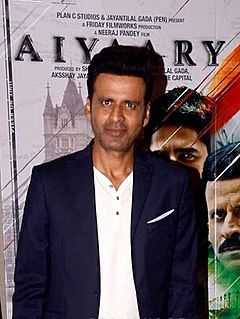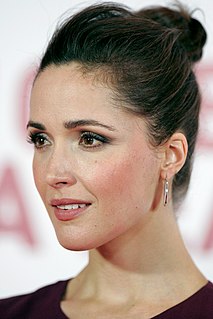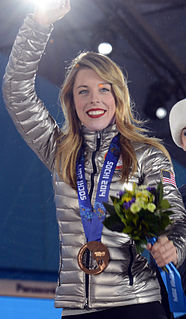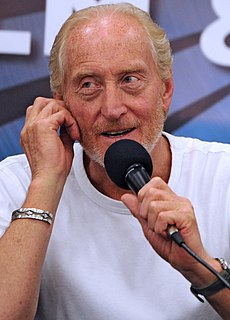A Quote by KiKi Layne
I'm committed to jumping into roles, worlds, and stories that historically actors who look like me have been left out of.
Related Quotes
Some actors come to casting and ask me, "Didn't you see my previous roles?" We do not work with actors like this. Their previous roles do not matter; I need the actual work with an actor in this particular character that has been written in our script. What matters is flexibility, believability and efficiency of an actor.
I have found that the person with a sense of story built in from childhood is in better shape than one who has not had stories . . One knows what stories can do, how they can make up worlds and transpose existence into these worlds. . . .One learns that worlds are made by words and not only by hammers and wires.
Historically, actors have been made very famous for roles that were something that was far - - Richard Widmark comes to mind (playing Tommy Udo in "Kiss of Death") or something like that, where you do some famous role and everybody imitates you for the rest of your life. But obviously it's much more fun to play something you're not than it is to play something you are.
The roles for women on television have historically always been stronger and that, I would say, is still true. The question is commerce. That's probably where there's a block for a lot of people, the commerce behind it. Where is the audience? And it's so clear to me that there is a huge audience for female-driven projects. People still seem to think it's a fluke when it happens. That's one of the hurdles that's still left to be jumped over.
The Grand Prix Final is an opportunity for me to go out and experience new jumping passes in competition. I put in a triple loop-half loop-triple Salchow in the second of the program. It's a very difficult jumping pass so this is a chance for me to try out the new elements and the adjusted jumping layout to get prepared for nationals.
Because [writers] Dan Weiss and David Benioff have done such a great job in adapting them, that's what we work with. It serves no purpose to anybody for actors to come onto a set with a well-thumbed copy of the source material and start querying why this or that line has been left out of the script. It's probably been left out for a good reason.
I look for stories that tell transformative, emotional journeys, have big emotional worlds, feel very relevant and true to the times we're living in - even though they might be of a different time - have a sense of real intimacy with larger forces at work, where there's some kind of social injustice and inequity happening that needs to be conquered or addressed. I find historically that's the formula for a lot of successful operas.
